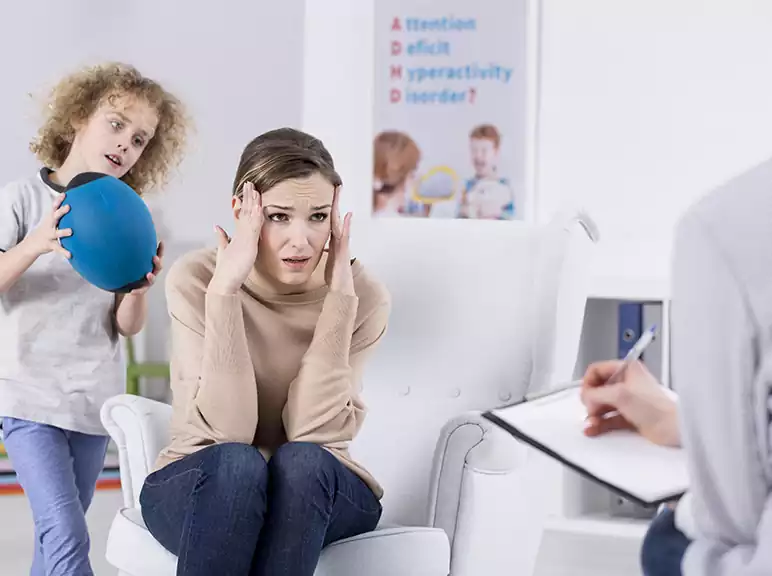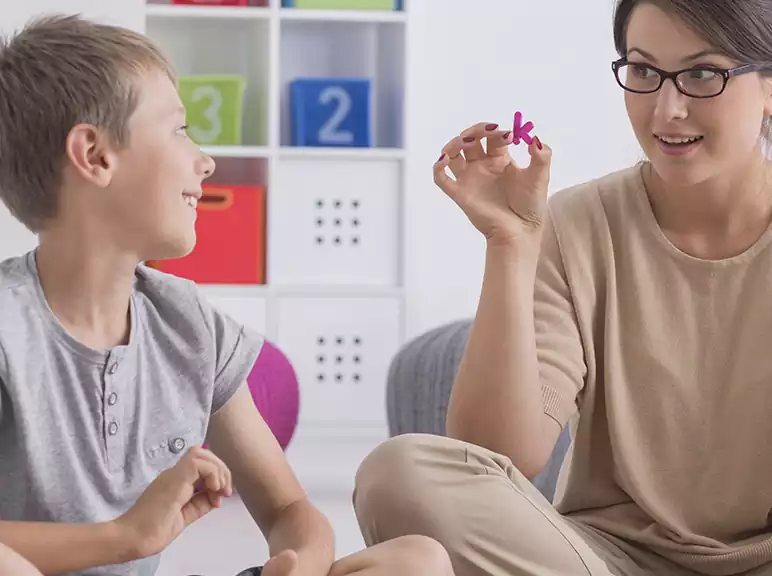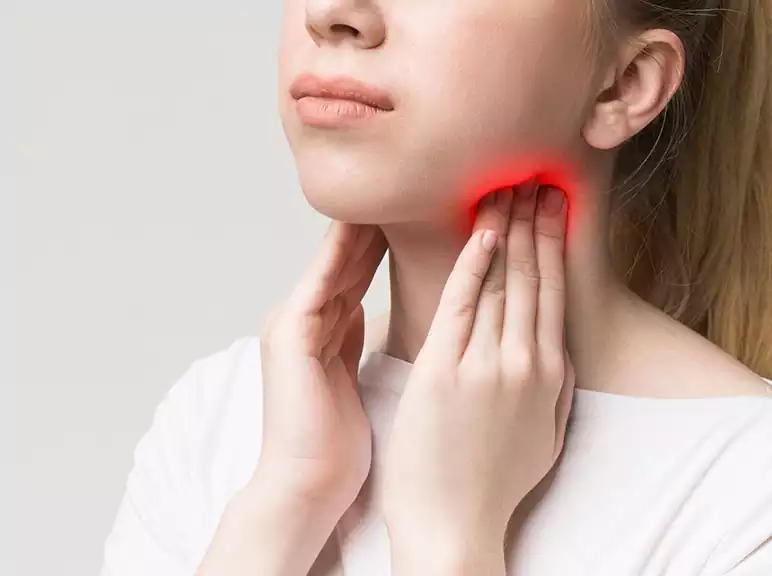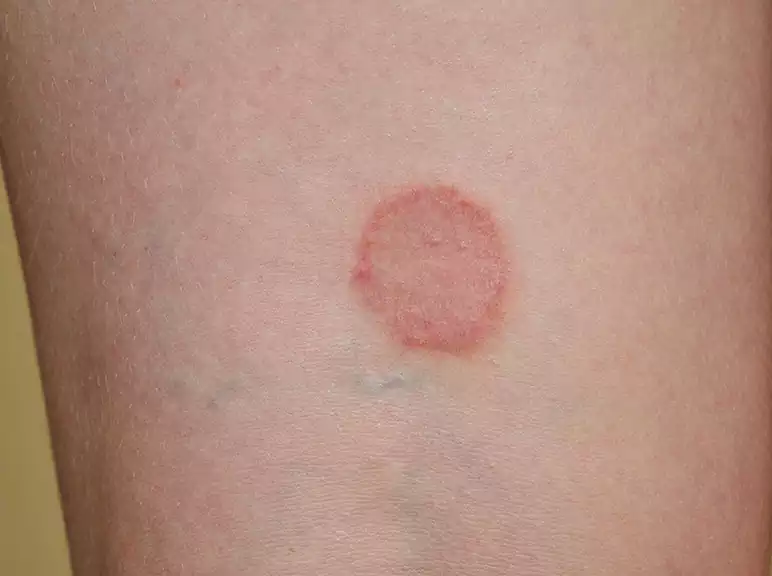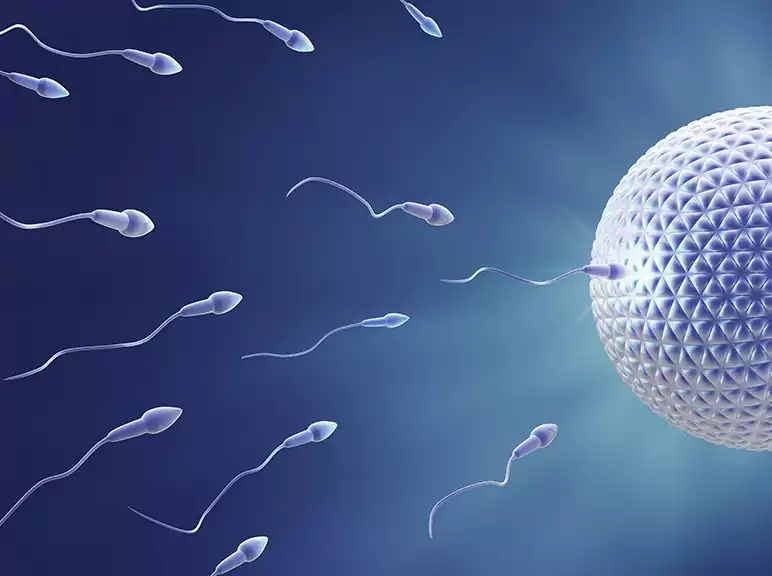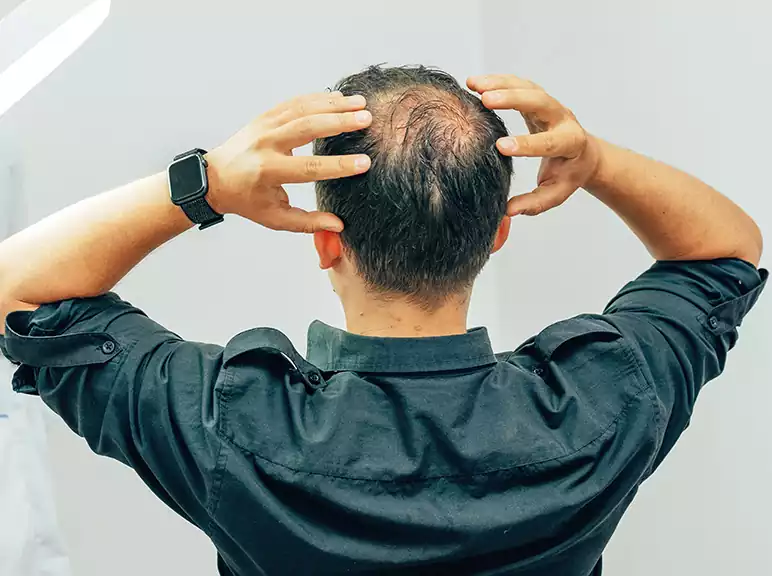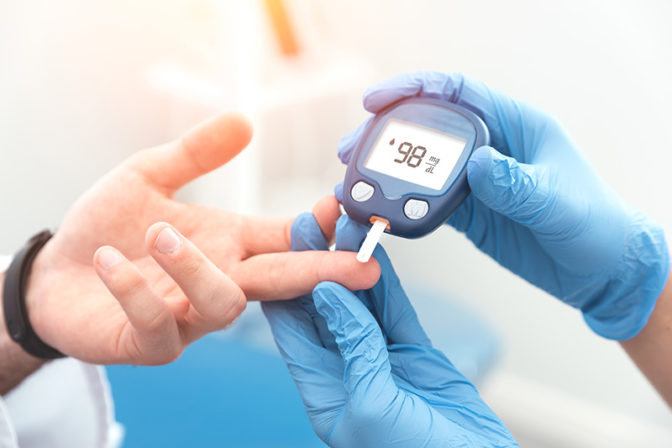Autism
Autism is a brain disorder which affects an individual’s ability to relate and communicate with others. With autism, different parts of the brain fail to work in harmony.
Most people with autism will always face trouble relating to others. But with an early diagnosis and treatment could help people with autism to reach their full potential.
Autism can also be called as autism spectrum disorder (ASD).
Autism Spectrum Disorders
Asperger’s syndrome
Children with this syndrome have social problems and a narrow scope of interests. They don’t have a problem with language; in fact, they tend to score in the average or above-average range on intelligence tests.
Autistic disorder
Most people generally think of autistic disorder when they hear the word autism. It refers to problems with communication, social interactions, and play in below three years.
Childhood disintegrative disorder
These children have typical development for at least two years and then lose some or most of their communication and social skills.
Pervasive developmental disorder (PDD or atypical autism)
Your doctor might use this term if your child has some autistic behaviour, like delays in social and communications skills, but doesn’t fit into another category.
Rett Syndrome
Rett syndrome is a genetic disorder that typically affects girls.
It is one of the only former autism spectrum disorders that can be diagnosed medically.
Children with Rett syndrome develop severe symptoms, including the hallmark social communication challenges of autism. Besides, Rett syndrome can gravely impair a child’s ability to use their hands usefully.
Symptoms of Autism
Symptoms generally always start before a child reaches the age of three. Usually, in the beginning, parents notice that their child has not begun talking and is not behaving like other toddlers of the same age. But it is not surprising that a child with autism starts to talk at the same time as other toddlers of the same age, then lose their language skills later.
Symptoms of Autism are:
- a delayed learning to talk or not talking at all. A child may appear to be deaf, even though their hearing tests are normal.
- Repeated and overused types of interests, behaviour, and play, Examples are getting very upset when routines changes, repeated body rocking and unusual attachments to objects.
There is no “typical” person with autism. People may have many different kinds of behaviours, from severe to mild. Parents often say that their toddler with autism prefers to play alone and does not make eye contact with other people.
Autism may also include other problems:
- Many children with autism have below-average intelligence.
- Teenagers with autism often become depressed and have too much anxiety, especially if they have above-average intelligence.
- Some children develop a seizure disorder such as epilepsy by their teenage years.
Causes of Autism
The definite cause of autism is not known, but scientists think that both genetic and environmental factors might play a significant role.
It was once believed that autism arises from stress in a child’s psychological environment, however recent medical evidence states that irregularities in the central nervous system and development of the brain and leads to a rise in the syndrome of autism. The causes of this development are diverse and could include chemical exposure, viral and genetic factors.
Food allergies also have an essential role in autism. Many people with autism patients show signs of improvement while following a gluten-free diet or casein-free diet. It gave rise to the idea that that autism may be related to food allergies.
Epigenetics. Increase amount of research suggests that autism can be induced either by mental, physical, chemical (exposure to preservatives, food colours, pollutants, pesticides, etc.), nutritional stress (deficiency) or biological (infections) during pregnancy or vaccinations.
Treatment
Treatment for autism includes specific behavioural training. Behavioural training rewards appropriate behaviour (positive reinforcement) to teach children social skills, communication skills and to help themselves as they grow older.
With early treatment, most children can learn to relate better to others.
Treatment can also include such things as speech therapy or physiotherapy depending on the child. Medicine may be used to treat problems such as obsessive-compulsive behaviours or depression.
Exactly what type of treatment the child requires depends on the symptoms, which may be different in each child and may keep changing over time. Because children with autism are so different, something that helps one person may not help another. So one has to be sure to work with everyone involved in their child’s education and care to find the most effective way to manage symptoms.
Homoeopathic Treatment
Homoeopathy is one of the most holistic systems of medicine. The selection of homoeopathic remedy for autism is based upon the theory of individualization and symptoms similarity by using a holistic approach.
The main aim of homoeopathy is not only to treat autism spectrum disorder but to address its root cause and individual susceptibility. Several homoeopathic remedies are available to treat autism spectrum disorder that can be selected based on cause, sensations, modalities of the complaints and family history.
Raising an autistic child is hard work. But with training and support, your family can learn how to cope.
For individualized remedy selection and homoeopathy treatment of autism, the patient should consult our qualified homoeopathic doctor.


